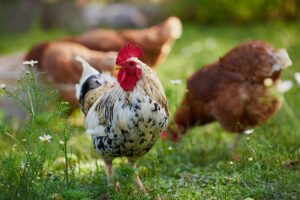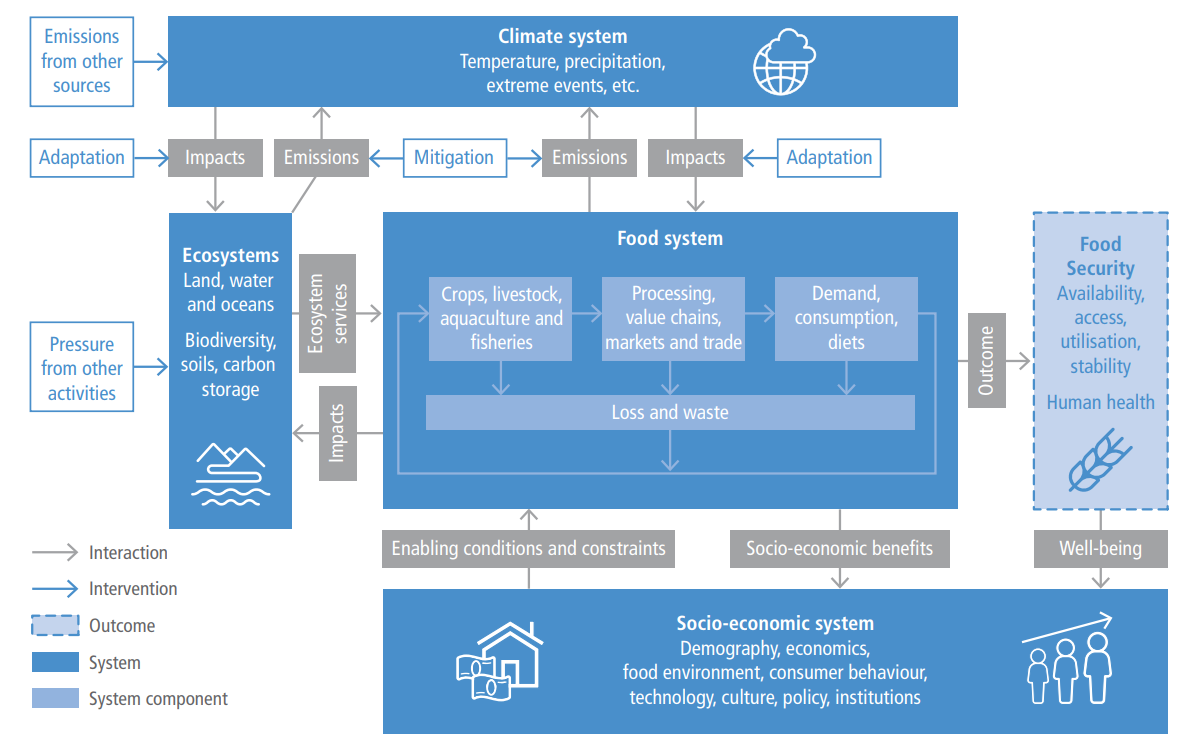Agriculture is an important contributor to climate change, accounting directly for 10%–12% of anthropogenic greenhouse gas (GHG) emissions and also for around 70% of land use change emissions, mainly through deforestation [1].
Adaptation measures can help to reduce negative impacts of climate change on the food system and ecosystems, more specifically mitigation measures can reduce GHG emissions coming from the food system and ecosystems. Key mitigation pathways are related to practices reducing nitrous oxide emissions from fertilizer applications, reducing methane emissions from paddy rice, reducing both gases through livestock manure management and applications, and sequestering carbon or reducing its losses, with practices for improving grassland and cropland management identified as the largest mitigation opportunities [2].
To successfully mitigate the inputs of intense agriculture, there are many alternatives, two of which are regenerative agriculture, agroforestry, organic agriculture and precision farming.



